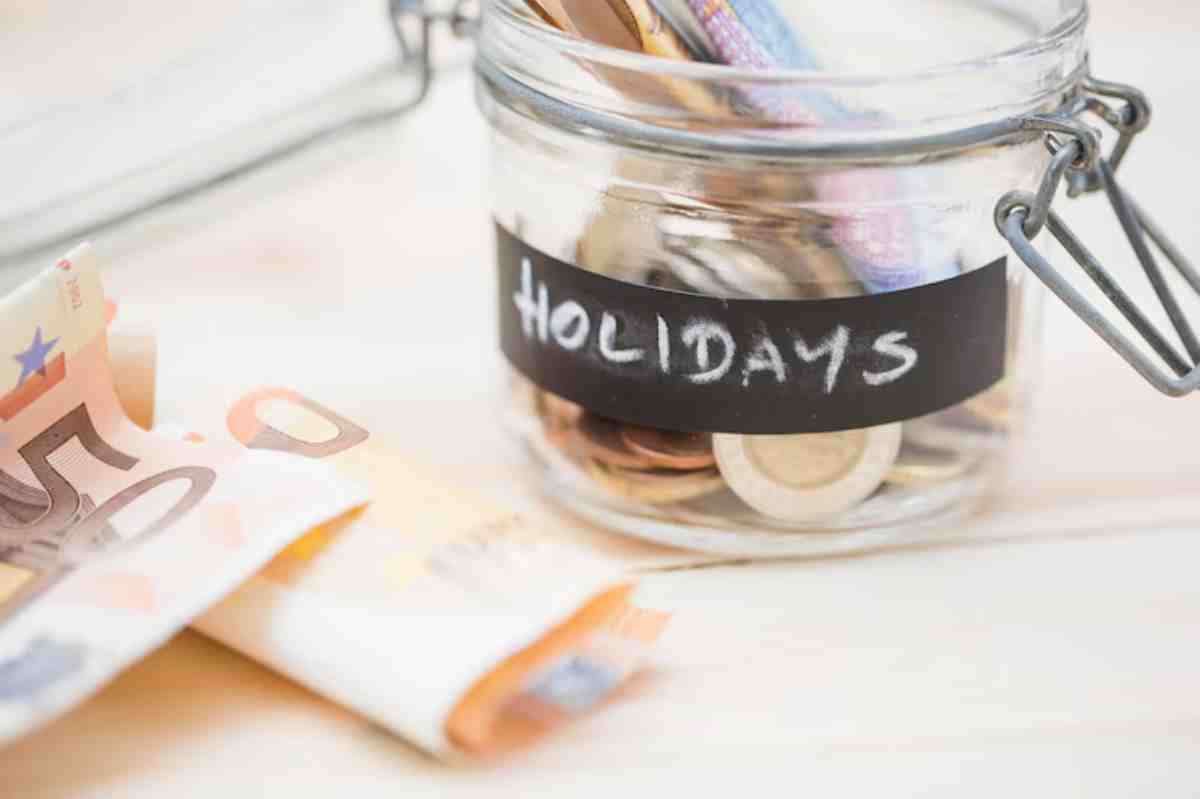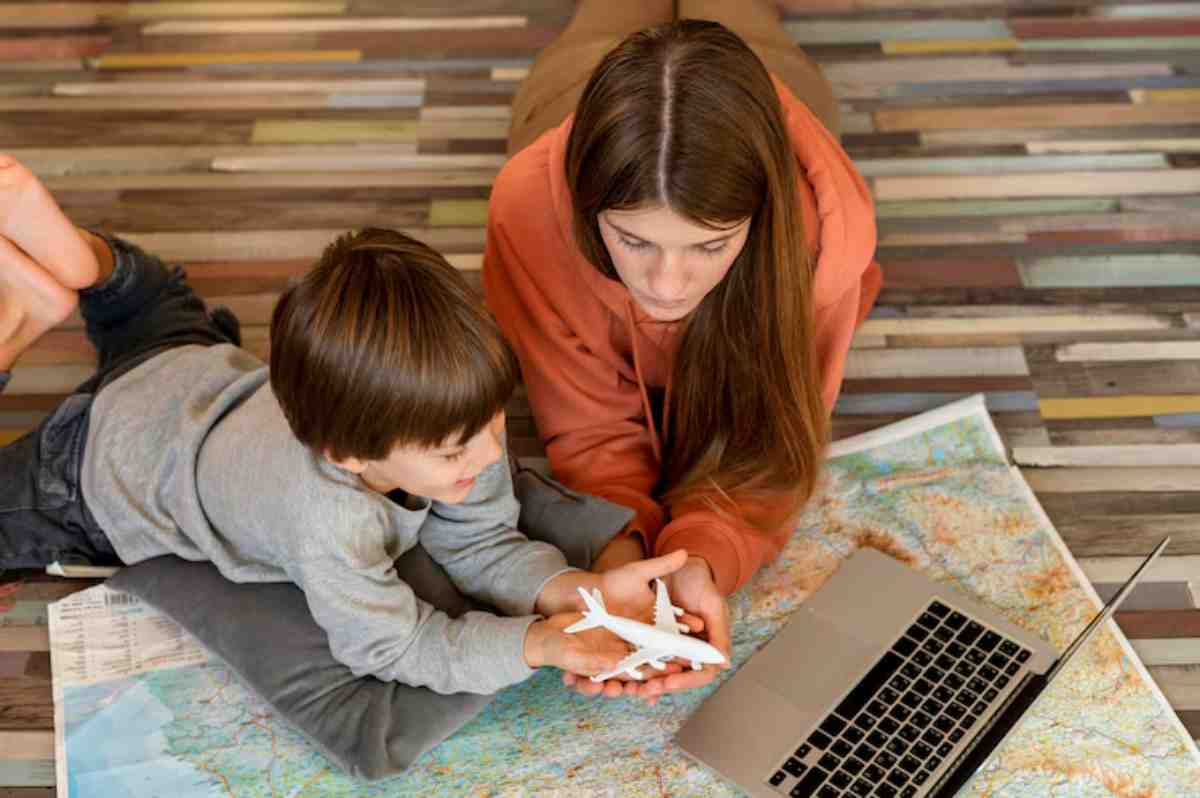
Affordable Family Vacation Planning
Family holidays should be about bonding, exploring, and making memories — not breaking into a cold sweat every time you check your bank balance. Yet for many families, the idea of a getaway comes with a hefty side of financial worry. Flights, hotels, meals out, activities… the costs pile up fast.
But here’s the truth: you don’t need a five-star budget to have a five-star experience. Whether you’re dreaming of beach days, countryside retreats, or cultural city breaks, smart planning and a few creative tweaks can unlock unforgettable trips — all while keeping your finances intact.
This guide is packed with practical, experience-based advice to help you plan a vacation on a budget, perfect for affordable travel for families. You’ll find real-life strategies for cutting costs without cutting corners, plus ideas to help you stretch every pound while still delivering maximum fun.
Why budget holidays often bring the best memories

Let’s be honest — kids don’t remember how fancy the hotel was. What sticks with them are the little moments: chasing waves on a windy beach, camping under the stars, or laughing over a board game during a rainy evening indoors.
When you free yourself from trying to match the glossy Instagram ideal of travel, you gain something even more precious: the freedom to be present.
Plus, budgeting teaches children valuable lessons about planning, prioritising, and appreciating the simple joys of a shared adventure. In many ways, low-cost trips lay the groundwork for more meaningful, mindful holidays.
Start with a flexible, realistic budget
One of the smartest things you can do upfront is decide your total spend limit and work backwards. Rather than choosing a destination and scrambling to afford it, pick a price point and plan a trip to match.
Break your holiday budget into these basic categories:
- Transport
- Accommodation
- Food
- Activities
- Extras (souvenirs, snacks, emergencies)
Let’s say you have £1,000 to work with for a family of four.
That might break down as:
- £200 for petrol or train tickets
- £400 for accommodation (self-catering flat, four nights)
- £200 for meals
- £100 for entry fees or day trips
- £100 buffer for unexpected costs
This kind of breakdown helps you stay in control and avoid unpleasant surprises.
Be strategic with timing
When you go can matter just as much as where. Avoiding peak season — especially school holidays — can save hundreds.
If you’re tied to term breaks, try booking:
- Right at the start or end of the holiday window (prices often drop by 10–20%)
- Midweek to midweek trips, which can be cheaper than weekend-centred breaks
- Off-the-beaten-path destinations, where school holiday inflation is lower
You can also monitor flash sales and sign up for discount alerts. Websites like Travelzoo, Jack’s Flight Club, and Secret Escapes regularly list low-cost trips and family-friendly deals.
Choose destinations that offer more for less

You don’t need to fly across the globe to find magic. In fact, some of the best family adventures are hiding in plain sight — often within a few hours’ drive.
Top ideas for budget-friendly destinations:
- UK seaside towns like Whitstable, Filey, or Tenby
- The countryside is near the Peak District, Lake District, or Cotswolds
- City breaks in lesser-known spots like Lincoln, Stirling, or Norwich
- European destinations such as Portugal, Poland, or Slovakia, offering great value for flights and accommodation
Explore community-run attractions, nature trails, free museums, and markets. These often bring more local flavour — and fewer crowds — than big-ticket destinations.
Travel smart: transport tips to save big
Getting from A to B can be one of the biggest expenses. But a little planning goes a long way.
Budget-friendly transport strategies:
- Book trains well in advance via National Rail or Trainline to grab early bird fares
- Consider coach travel — services like Megabus and National Express are surprisingly comfy and very low-cost
- Use loyalty points or railcards (Family & Friends Railcard pays for itself in one trip)
- Drive and car-share if possible — splitting petrol with another family can make short breaks very affordable
If you’re travelling abroad, midweek flights are nearly always cheaper than weekend ones, and flying into alternative airports (e.g., Brussels Charleroi vs. Brussels Zaventem) can save hundreds.
Rethink accommodation: more space, less spend
Hotels aren’t your only option — and they’re rarely the most cost-effective, especially for families.
Accommodation ideas that save:
- Self-catering cottages or flats via Airbnb, Vrbo, or Booking.com
- Hostel family rooms, which are clean, central, and often include breakfast
- Camping — either traditional tents or glamping pods for comfort without the price tag
- House swaps with trusted families or friends
Self-catering not only saves on eating out but also gives you space to unwind and reduces the chance of bedtime meltdowns in shared hotel rooms.
If you’re already planning a staycation on a tight budget, you might enjoy the tips in our no-spend weekend ideas for families blog, especially for adding mini-adventures to your break.
Plan your meals wisely
Eating out for every meal can double your holiday bill. And with kids’ appetites fluctuating wildly, it’s often money down the drain.
Ways to save on food:
- Book accommodation with a kitchen
- Pack your own snacks and packed lunches for day trips
- Have a few simple dinners in — think pasta, homemade wraps, or pre-made pizzas
- Eat like a local — find small cafés, bakeries, or food markets rather than restaurants
Allow for the occasional treat meal, but aim to keep the rest casual and low-effort.
Maximise free (and brilliant) activities
Some of the best holiday memories come from free or low-cost experiences, and many families are surprised by how much is available without spending a penny.
Budget-friendly activity ideas:
- Nature walks and scavenger hunts
- Beach days with bucket and spade
- Free museum days (many UK museums have family programmes)
- Public swimming pools or lidos
- Local festivals or events
- Picnics and storytelling in the park
A quick check of local tourism boards or Facebook events can unearth fantastic finds. And if rain strikes? Bring along board games, a deck of cards, or download some offline family quizzes.
Travel light and pack smart
Overpacking leads to airline fees, car clutter, and general chaos. Packing smarter means fewer extras are needed on the go.
Essentials to include:
- Reusable water bottles and snacks
- Mini first aid kit (so you’re not hunting for plasters)
- Foldable rucksacks or tote bags
- Basic entertainment (books, colouring kits, downloaded shows)
- Weather-ready clothes — layers, waterproofs, sun hats
Packing in a way that covers contingencies reduces impulse buys and saves your budget for the fun stuff.
Find hidden gems through local insights
Tourist traps are expensive. Locals, on the other hand, know the spots that are fun, safe, and excellent value.
Use:
- Facebook community groups
- TripAdvisor forums
- Local family blogs or parenting networks
You’ll often discover charming playgrounds, hidden beaches, pop-up food stalls, or offbeat museums that guidebooks overlook.
Involve the kids in the planning

Involving children in holiday planning doesn’t just make them more excited — it also helps set expectations and reduce moaning later on.
You might let them:
- Pick one activity they’re most excited about
- Choose a special meal or snack
- Help budget for souvenirs
Framing the holiday as a shared adventure with teamwork encourages flexibility and enthusiasm, which is especially helpful when sticking to a modest budget.
For long-term money habits, get your kids involved in the bigger picture. Our guide on teaching kids minimalism and smart spending can help build that mindset from early on.
Conclusion: Less spend, more connection
Affordable family vacation planning isn’t about cutting corners — it’s about cutting stress and increasing joy. When you let go of the pressure to “go big”, you make space for the things that really matter: connection, curiosity, and quality time.
With smart planning, flexibility, and a willingness to do things differently, you can create rich, rewarding holidays on a modest budget. Whether it’s a short coastal break or a countryside escape, what you remember most won’t be the hotel stars — it’ll be the stargazing, the belly laughs, and the togetherness.
So, take a breath, trust your planning skills, and get ready to create memories your family will treasure, not receipts you’ll regret.


